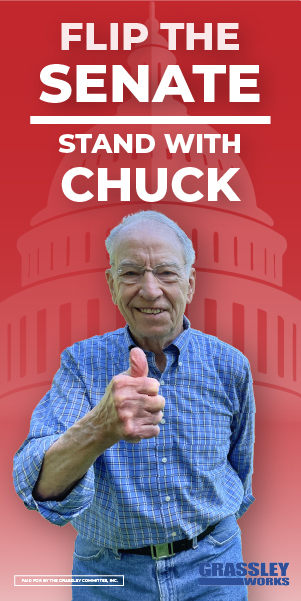“I’m just going to have to sell my house because I can’t afford it.”
Iowans have repeated this same refrain, or something similar, over and over for years and they’re justified in feeling that way. Consider some of these trends over the past decade from across the state:
Decatur County has lost residents, but they’ve still managed to collect 80% more property tax dollars from the taxpayers who stuck around.
The Boone Community School District has fewer students, but they’re taking in 60% more property tax dollars for students who are no longer there.
The City of Decorah has shrunk, but they too are growing their property tax revenue. It’s up over 65%.
(If you’re interested in how your community compares, you can find all of the information here: https://www.itrlocal.org/)
The skyrocketing property tax bills Iowa residents receive each year aren’t even the worst of it, though. There is a feeling of helplessness because by the time the property tax bill arrives each summer, it is too late to do anything about it. Each property tax bill makes a number of things very clear by telling the property owner what parcel is being taxed, how much is owed, the due dates of those payments, how to make the payments, and even the penalties the taxpayer will face if their payment is late, all the way up to forcing a tax sale.
Wouldn’t it be nice if those same local governments that share so much information with you when the bill is due, could be just as clear and transparent when they’re making their budgets?
Many times it feels like there’s an honesty gap when it comes to property taxes. Iowans should be able to know how local budgets passed in March are going to impact the tax bill they get in August. More and more states across the country are wising up to the fact that local governments are passing budgets that drive up property taxes without the taxpayer understanding what’s going on. To remedy that, Direct Notification measures have been enacted.
It’s a simple concept really. Once a taxing authority like a city, county, or school district has built their new budget, they have to tell each property owner just what that budget would do to their tax bill and also tell them when a public hearing will be held to gather input. This practice has been in place in Utah since the 1980s, where it’s known as Truth in Taxation.
Howard Stephenson of the Utah Taxpayers Association describes it this way: “While Truth in Taxation measures do not technically limit property taxes, it makes local elected officials think twice about increasing property tax rates because they know all citizens will be notified of the increase and its potential impact on their property. They also know that they will have to hold a public hearing where citizens can sound off about the proposed tax hike.”
And that’s the whole key. Citizens are told about the potential impact on their tax bill when there is still an opportunity for them to do something about it. There will be no more end-of-summer surprises pulled out of your mailbox. The taxpayer and their elected officials will have a conversation when it actually matters.
If you want to join that conversation, email your State Representative and Senator and tell them Iowa needs a strong direct notification measure.



